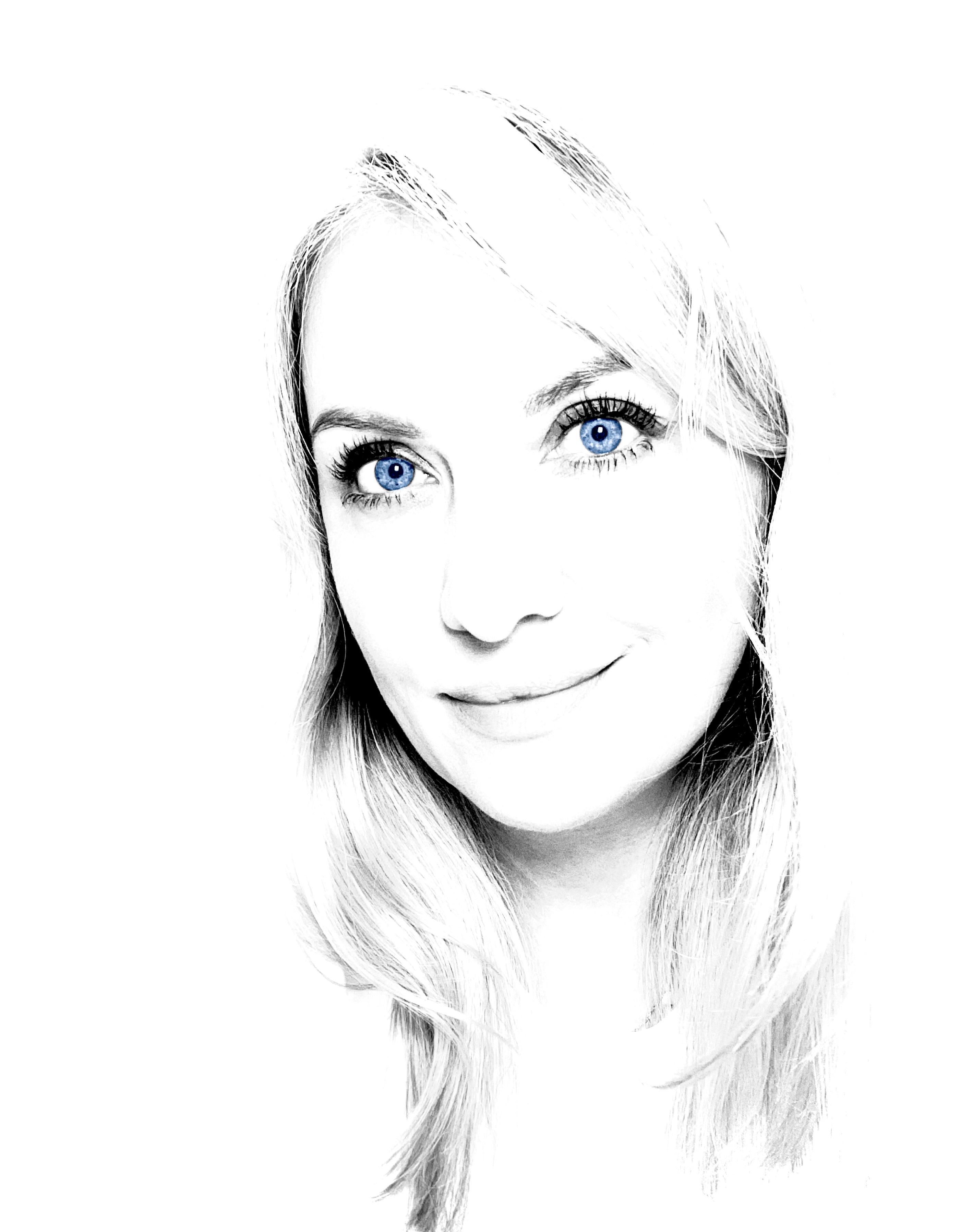5,353 reads
Beyond Digital: Applying UX Principles to Relocation
by
August 23rd, 2024
Audio Presented by

Creative leader with end-to-end product design experience and deep understanding of UX design.
Story's Credibility

About Author
Creative leader with end-to-end product design experience and deep understanding of UX design.
